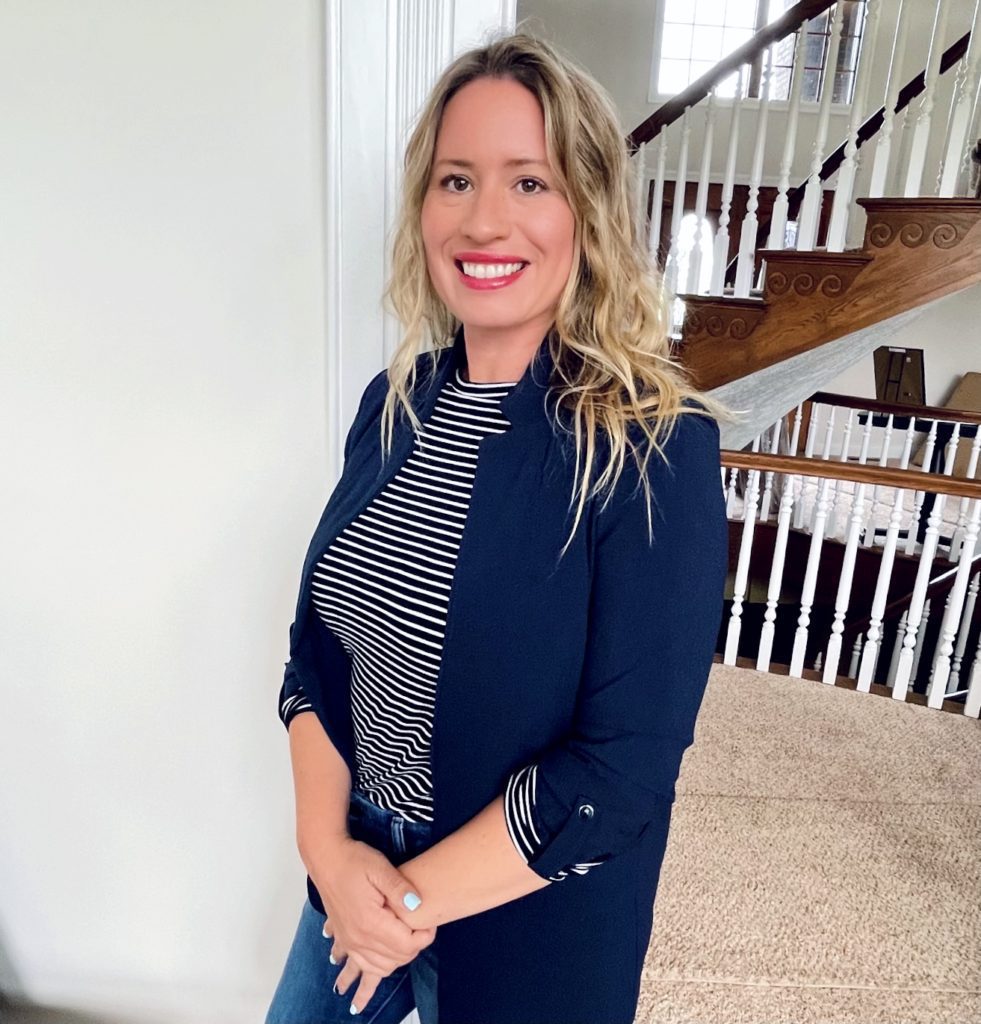Clinical Director
Candace brings a passion for mindfulness and for helping people navigate the devastating effects of trauma and addiction to SEE Purpose. Her perspective is that all human beings should be treated with dignity and respect, and everyone already has what they need in order to heal. Sometimes, we just need a guide to help us recover and remember our true purpose. She believes that with the right tools, guidance, and treatment team, our trauma, shame, and addiction experiences can be transformed, and channeled into healing and even growth.
Candace received her bachelor’s in social work from the University of Southern Indiana in 2008 and her master’s of social work in 2010. She is a licensed clinical social worker (LCSW) With over a decade of experience providing clinical services.
Candace has a wide array of experience working as both a clinician as well as a leader in programming, staff development, and clinical supervision. Her experience includes working with individuals and families of all ages, facing a diverse range of challenges including substance and process addictions, Trauma of all types, depression, anxiety, anger, impulsivity, emotional dysregulation, relationship and codependency issues, family conflict, grief, self-harm, suicidal thoughts and behavior, developmental disabilities, criminal charges, and involvement with the Department of Child Services.
Candace is engaging, knowledgeable, and dedicated to helping individuals find the purpose, peace, and sense of belonging and community that each of us deserves. Her intuitive, compassionate, non-judgmental nature allows her to Hold space for those who are suffering from progressive addiction and gently help guide them on their path to lifelong recovery.
Candace enjoys incorporating not only mindfulness-based interventions but creative/artistic expression, physical movement/yoga, and somatic interventions into her work with clients. She is trained in the practice of eye movement desensitization and reprocessing (EMDR). This can be a useful tool to incorporate when helping clients to resolve past traumas that have been contributing to cravings, triggers, and other aspects of addiction, and to process and recover from the trauma of addiction itself.


